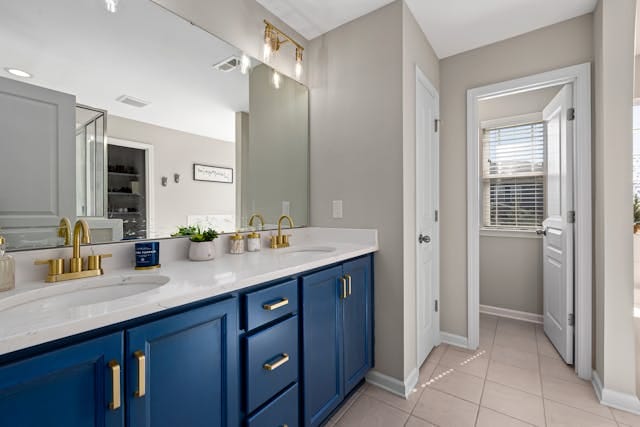Designing a remodel can be a daunting task, especially if you’re new to the process. With so many decisions to make and options to consider, it’s easy to feel overwhelmed. But with a clear understanding of the design process and a little planning, you can create a beautiful and functional space that meets your needs and exceeds your expectations.
Step 1: Set Your Goals
Before you start designing your remodel, it’s essential to set clear goals for the project. What do you want to achieve with your remodel? Do you want to increase the value of your home, improve its functionality, or simply update its style? Identifying your goals will help you stay focused and ensure that your design decisions align with your objectives.
Step 2: Create a Budget
Creating a budget is a crucial step in the design process. It will help you determine how much you can afford to spend on your remodel and ensure that you don’t overspend. Consider the following expenses when creating your budget:
* Materials and finishes
* Labor costs
* Permits and inspections
* Contingency fund
Step 3: Select Materials and Finishes
Choosing the right materials and finishes can make or break the success of your remodel. Consider the following factors when selecting materials and finishes:
* Durability: Will the material withstand the test of time and heavy use?
* Maintenance: How easy is the material to clean and maintain?
* Style: Does the material fit with your desired aesthetic?
* Budget: Can you afford the material?
Some popular materials and finishes for remodels include:
* Hardwood flooring
* Granite countertops
* Stainless steel appliances
* Painted walls
* Tile backsplashes
Step 4: Consider the Layout
The layout of your space is critical to its functionality and flow. Consider the following factors when designing the layout:
* Traffic flow: How will people move through the space?
* Work zones: Are there specific areas where people will be working or cooking?
* Storage: Where will you store your belongings?
Some popular layout options for remodels include:
* Open floor plans
* Galley kitchens
* L-shaped living rooms
* U-shaped workstations
Step 5: Hire a Professional
If you’re not experienced in design or construction, it’s a good idea to hire a professional to help you with your remodel. A professional can provide valuable guidance and expertise to ensure that your remodel is successful.
Some popular professionals to consider hiring include:
* Architects
* Interior designers
* General contractors
* Design-build firms
Conclusion
Designing a remodel can be a complex and overwhelming process, but by following these steps and considering the factors outlined above, you can create a beautiful and functional space that meets your needs and exceeds your expectations. Remember to stay focused on your goals, create a budget, select materials and finishes wisely, consider the layout, and hire a professional if needed. With a little planning and expertise, you can achieve the remodel of your dreams.

